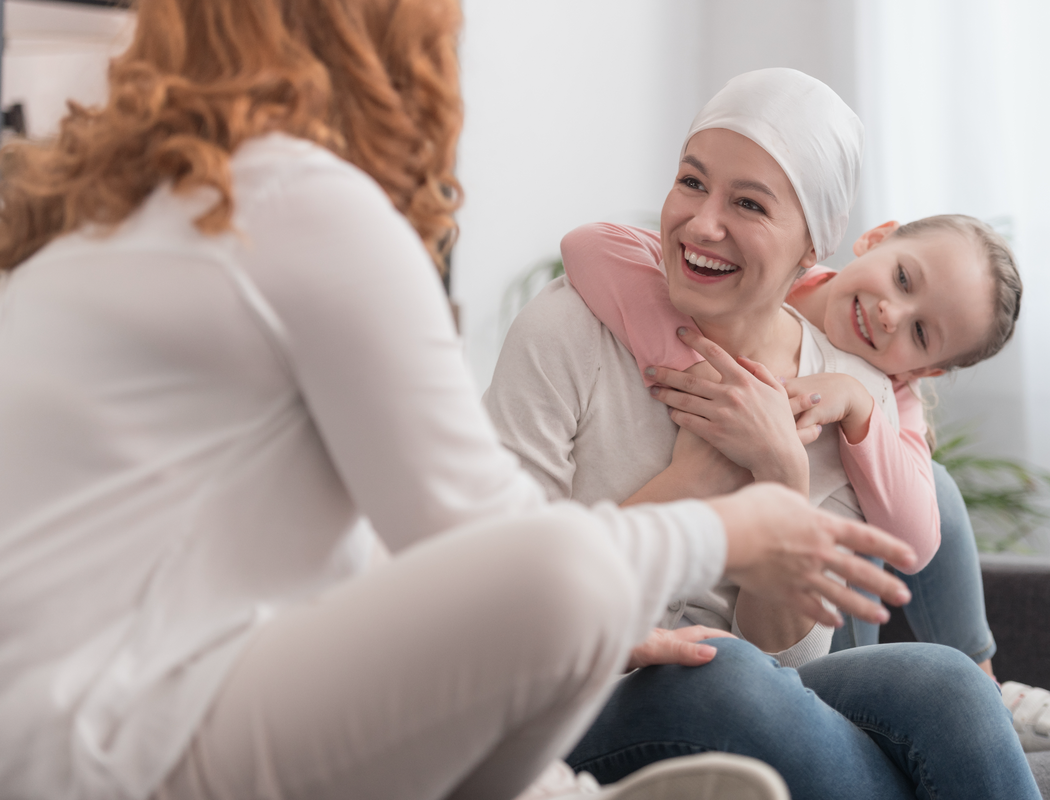Cancer is one of the scariest words to hear especially when it is diagnosed to you or a loved one. Thank goodness the advancement of modern medicine has come a long way but it is still a lingering and dangerous word. What do you do when an elderly loved one is facing the long road ahead filled with endless cancer tests and hard days? Emotional support is important as well as being a caregiver or finding the right caregiver if needed depending on the health and prognosis of the cancer survivor.
Build your Support NetworkWhen a senior in your life receives a cancer diagnosis, being an advocate for his or her health is so important. It is difficult and no one should have to go it alone. There are support groups for the survivor as well as for family and friends. You can always reach out to either hospitals, homecare businesses or even hospices. There IS Hope |
For some good news, the survival rates of cancer survivors is moving up. In 1976, the survival rate for all cancers was only about 50 percent. However, today the rate is approximately 74 percent for bladder cancer, 75 percent for breast cancer, 69 percent for prostate and 51 percent for colon. The treatments given today have also progressed and vaccines are being tested and developed.
Understanding Your Loved Ones Needs
When it comes to the various types of cancer, the following are typically the most commonly diagnosed: lung, bladder, breast, pancreatic, kidney, leukemia and colon. As an advocate for your older relative or friend, make sure he or she has access to proper healthcare. Certain populations may have insufficient access which is very important that they have the support and advocacy they deserve.
While it’s important to provide adequate support and are during the cancer stages, being there for older patients before the diagnosis is especially important. You can help them spot warning signs or symptoms that are abnormal so they can quickly see a doctor for quicker care.
For example, with colon cancer, older patients may find not warning signs during early stages. This is one reason colon screenings are recommended for older people. Later stages of colon cancer may include blood in stool, a change in bowel habits, vomiting and stomach pain.
With bone cancer, elderly patients may have swelling near a bone and for lung cancer, chest pain caused by coughing, breathing difficulty, chronic pneumonia and coughing up blood are possible warning signs. Knowing and understanding one’s body is crucial to spotting abnormal signs. Always check with your loved ones and make sure their body is running efficiently for their age and health condition. Don’t ever blow off something as a condition that comes with aging.
Proper Care and Support
Cancer is something that no one should battle alone and aging patients especially need proper care, support and our love more than anything. Our experienced and compassionate caregivers are available to help! Call Hands and Hearts Home Care today to speak with someone about your unique care needs and let us develop an in home care plan for your loved one!



 RSS Feed
RSS Feed